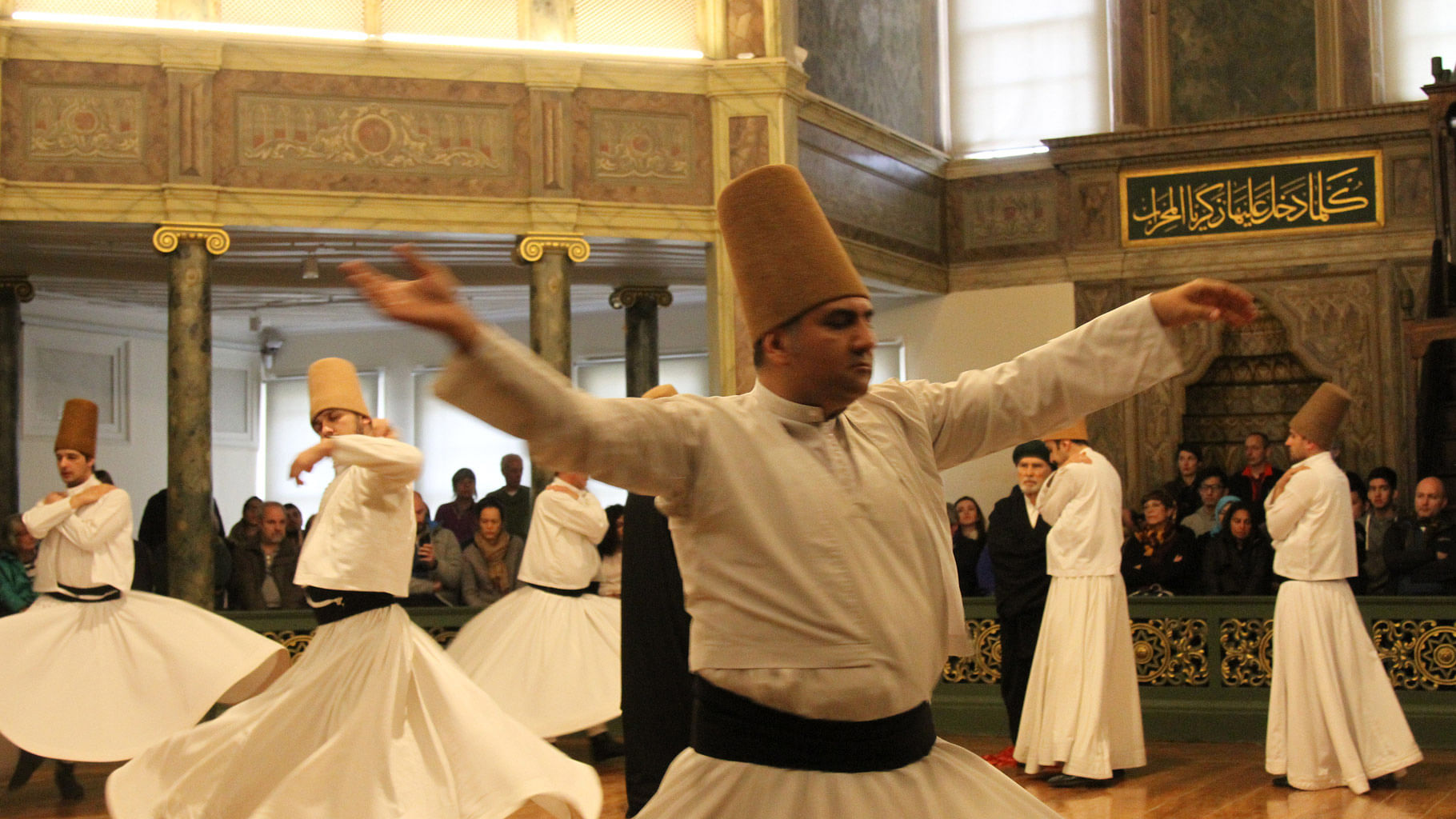Like Indian Liberals, Istanbullus Fear Erosion of Cosmopolitanism
Istanbullus fear Ataturk’s idea of secularism is under attack during the Erdogan regime, writes Vivian Fernandes.

In Istanbul, Memories of a City, the novelist Orhan Pamuk speaks of huzun or melancholy. It is the Sufi spiritual anguish of not being close enough to Allah. But ‘more sensitive and attuned’ Istanbullus (Istanbul residents) experience it, he says, because the ruins of past civilisations remind them that their city can ‘never again dream of rising to the same heights of wealth, power and culture’ (as under the Romans and Ottomans).
That sense of resignation was not visible during one’s visit last month to the city. Istanbul is not as poor as during Pamuk’s childhood and perhaps not confused. Istanbullus have learnt to live off the ruins. ‘Brother, may I help you spend your money,’ ‘Brother, I want your money,’ ‘Hey Salman, please step in, Shah Rukh Khan was here yesterday.’ With such pick-up lines salesmen greet passers-by, their entreaties shriller as there is more merchandise in shops than the buyers.
Tourism Badly Hit
‘The last ten years were wonderful business,’ says Elif Aytekin, whose guesthouse is named after the Sea of Marmara, which is less than a kilometre away. ‘This year is very bad, very bad.’ When it was set up 25 years ago, the guesthouse was the second on the street in the Sultanahmet area which houses the city’s main tourist attractions. Her parents lived in the narrow three-storied, 14-room building until six months ago. Now they have joined many old-time residents, whose homes have become hotels, restaurants, cafes and curio shops.
Conflict in next-door Syria has scared away visitors. One sees refugee families displaying piteous placards of plight. Russia has barred its citizens after Turkey shot down its trespassing military plane. That has affected the country’s beach cities. The suicide bomb attack on busy Istiklal Street in the city centre which claimed five lives and injured 36 persons on March 18 has unnerved the tourists. There were four cancellations by next noon, said Yagmur Ghouri, receptionist at Aytekin’s guesthouse, who was more worried about bookings that would never happen.
At Pamukkale, Rifat Durmus, ‘general director’ of the 45-room Koray Hotel had told contract workers to come a month later.
For stout-hearted Indians with cracked heels who regard bad news as a buying opportunity, Istanbul and Turkey might be tempting. Guesthouses that charged €75 (Rs 5,700) a night for a double-bed room have dropped rates to €58 (4,400). Bilal, an Islamic banker in Qatar, who had come with his wife and sons Isa and Moosa, said life was riskier in native Karachi.
Turkey is not quite cheap. A lira exchanges for Rs 24. It costs a lira to use a public loo. A tram journey in Istanbul costs four liras or nearly Rs 100 whether one gets off after one stop or 20. A burger with a single beef patty at Burger King costs ten liras or Rs 240. While travelling within Turkey, overnight buses may be a great idea. They are cheaper than airlines (which are inexpensive), and help knock off a night’s boarding charges. The expressways are smooth and barricaded. Overnight bus journeys cost 50 to 85 liras (Rs 3,775 to Rs 6,420).
Gone are the Days of ‘War On Dirt’
There is much that fascinates one about Turkey having spent eleven nights there: the palimpsest of civilisations – Roman, Byzantine, Ottoman – that Istanbul is; the ferries gliding across the Bosphorus that separates Europe and Asia; the syncretic Sufi tradition of Konya’s Mevlana Jalaludin Rumi and the whirling dervishes; the mesmerising volcanic rock formations of Cappadocia; the piety of the early Christians who carved secret churches in them and helped spread the faith to Europe; the luminous white limestone terraces of Pamukkale formed by hot springs; the catholicism of the Hagia Sophia which is both church and mosque, albeit non-functional; the Grand and Spice Bazaars that mimic Delhi’s Chandni Chowk, Khari Baoli and Sadar Bazar in merchandise but not squalour; and the majestic ancient Greek and Roman city of Ephesus.
But there is another enduring memory: of a city and country at war with dirt. In Istanbul, Pamuk talks ‘...of the overpasses in which every step is broken in a different way; of the powerful whiffs of urine that hit you on crowded avenues, ships, passageways and underpasses; of the fruits and vegetables, garbage and plastic bags and wastepaper; empty sacks, boxes and chests strewn across abandoned street markets...’
Apprehensions of Westernised Istanbullus
One also came across genuine hospitality. Mustafa Demirci, who rose from a receptionist to the top manager of a five star hotel and owns the Aydinli Cave Hotel in Goreme, Cappadocia, treats customers as guests. His relationship with them is not transactional. Even after they check out he allows them to use showers with clean linen, fixes up their next stay and ferries them around town. Unlike Egypt, where nothing happens without ‘baksheesh,’ the Turks never ask for tips.
The Turks are anxious to convey that their way of embracing Islam is unlike the Wahhabism of the Saudis. Women are fashionable and public displays of affection are common. ‘Turkey was the first in Europe to give women the right to vote,’ a young mother asserts. But after close to a century of aggressive secularisation introduced by Kemal Ataturk, there is an Islamist pushback under President Recep Tayyip Erdogan. And just as Indian liberals worry that the ‘idea of India’ is under attack, Westernised Istanbullus are feeling another kind of huzun – for a cosmopolitanism which they fear might crumble like the ruins around them.
(The writer is editor of www.smartindianagriculture.in)
Also read:
(At The Quint, we are answerable only to our audience. Play an active role in shaping our journalism by becoming a member. Because the truth is worth it.)